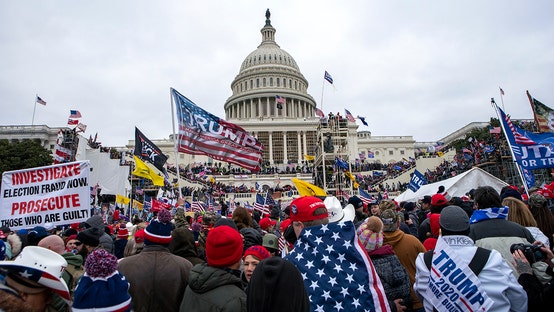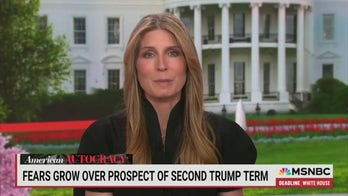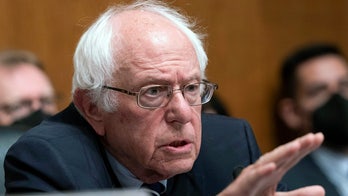Supreme Court Justice Neil Gorsuch discussed the decision on presidential immunity in the midst of Trump's court cases. He explained the court's logic behind the pivotal ruling in an interview that aired on Fox News Monday.
Supreme Court Justice Neil Gorsuch delved into the reasoning behind the court's ruling on presidential immunity in an interview with Fox News on Monday. The groundbreaking decision, issued last month, declared that a former president has substantial immunity from prosecution for official acts committed while in office, but not for unofficial acts.

Supreme Court Justice Neil Gorsuch Explains Presidential Immunity Ruling
Gorsuch faced questions from "America Reports" co-anchor Sandra Smith about the court's approach to the unprecedented nature of the case. He acknowledged the historical significance, stating that it was the first time in American history that one presidential administration sought to bring criminal charges against its predecessor.
The Trump-appointed justice explained that the court based its 6-3 decision on legal precedent established in the case of Nixon v. Fitzgerald. This case focused on presidential immunity from civil liability for actions taken while in office.

Supreme Court Justice Neil Gorsuch Explains Presidential Immunity Ruling
"There are some things we can all agree on," Gorsuch said. "You can impeach a president if he does something unlawful. You can enjoin or stop the conduct of his officials. You can go to court and get an injunction. Those are two things we can all agree on."
He emphasized the principle that no man is above the law in his private conduct. "Even a president can be prosecuted for speeding. His private conduct, he is like everyone else," Gorsuch clarified.

Supreme Court Justice Neil Gorsuch Explains Presidential Immunity Ruling
Regarding the Nixon v. Fitzgerald precedent, Gorsuch explained that the Supreme Court had ruled that civil cases could not be brought against a president, presumptively in his official capacity, after he leaves office. The rationale behind this precedent was to prevent political enemies from overwhelming presidents with lawsuits, thereby chilling their ability to exercise their powers and duties effectively.
"All the court did in this case was simply apply that same precedent and idea to the criminal context," Gorsuch argued.
The ruling means that the case of Trump v. United States will be sent back to the lower court to determine whether Trump is immune from prosecution regarding actions related to efforts to overturn the results of the 2020 election. The lower court judge will need to determine whether the charges against Trump are considered official acts or unofficial ones, based on the Supreme Court's ruling.
Trump celebrated the ruling as "brilliantly written and wise," calling it a "big win for our Constitution and for democracy." However, President Biden expressed concern, labeling it a "dangerous precedent" that could lead to abuse of the Supreme Court for political purposes.
Gorsuch declined to comment on Biden's proposed reforms to the Supreme Court, citing the upcoming presidential election. He did, however, express caution about the potential dangers of having too many laws.
Gorsuch also defended the importance of an independent judiciary, highlighting its role in making unpopular but necessary decisions. He emphasized that this independence was essential for a properly functioning democracy.










